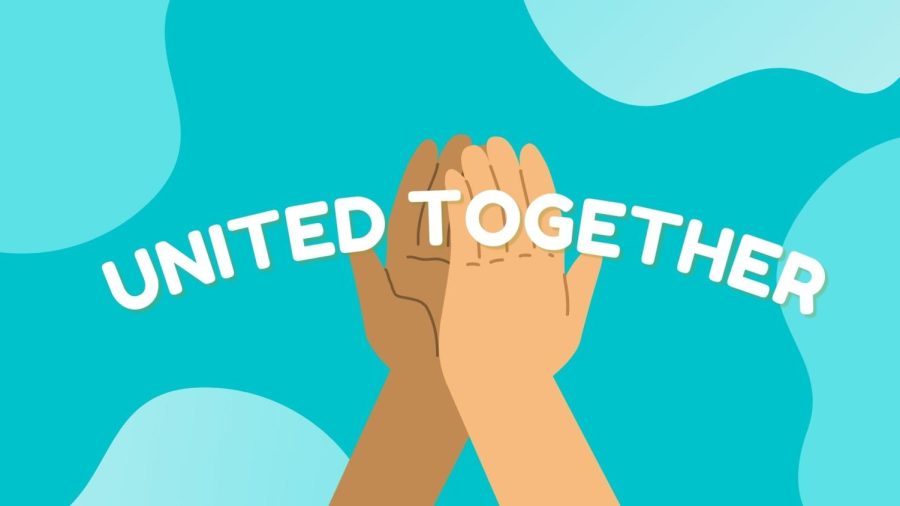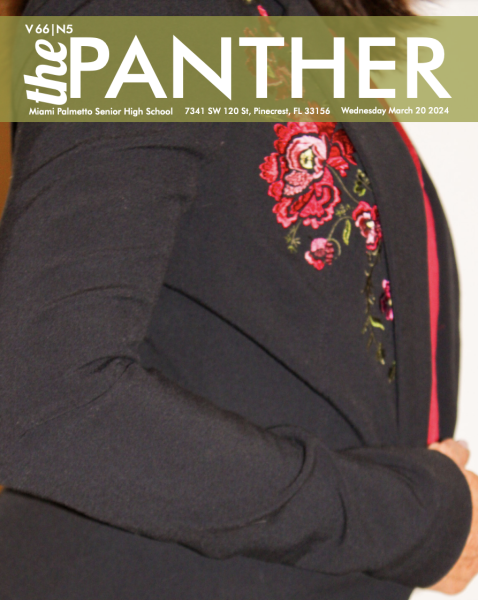United Together: Recognizing Asian American and Pacific Islander Heritage Month
May 17, 2022
During the month of May, the U.S. celebrates the culture of Asian Americans and Pacific Islanders and acknowledges those who have made significant contributions to American history. This month recognizes the achievements of cultures from all across South, East and Southeast Asia, as well as the Pacific Islands of Melanesia, Micronesia and Polynesia.
In 1977, New York Representative Frank Horton brought forward House Joint Resolution 540, which proclaimed the first ten days of May as Asian and Pacific American Heritage Week. During that same year, Hawaiian Representative Daniel Inouye introduced Senate Joint Resolution 72 with a similar intent. Despite Horton and Inouye’s efforts, neither resolution passed, leaving room for Horton to make another proposition known as House Joint Resolution 1007.
The House and Senate passed this joint resolution and on Oct. 5, 1978, President Jimmy Carter signed off, making Resolution 1007 a public law. Carter officially declared a week starting on May 4, 1979, Asian and Pacific American Heritage Week, which continued throughout the 1980s.
In 1990, Congress passed another public law extending Asian and Pacific American Heritage Week to a month-long observation for that year. In 1992, Congress officially designated May as Asian and Pacific American Heritage Month.
May was chosen because it marks the month of the first Japanese immigration to the U.S. on May 7, 1843. Additionally, it coincides with the anniversary of the completion of the transcontinental railroad— built almost entirely by Chinese immigrants— on May 10, 1869.A recorded 22.9 million people were of Asian or Pacific Islander descent in the U.S. in 2019 and made up about 7% of the U.S. total population. These populations continue to diversify and grow, increasingly contributing to American innovations in science, medicine, literature, art, sports, government, politics, law, activism and more.



















